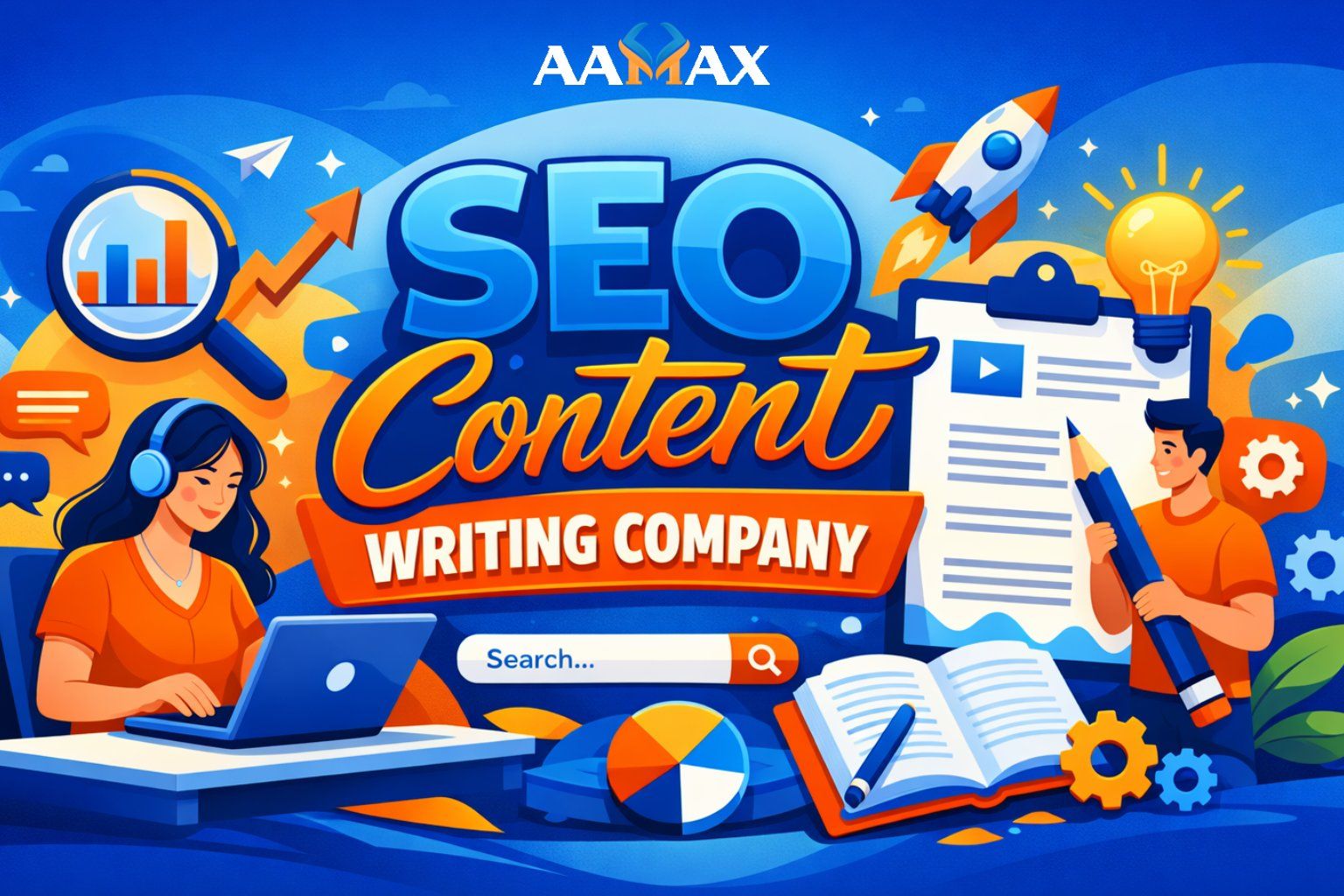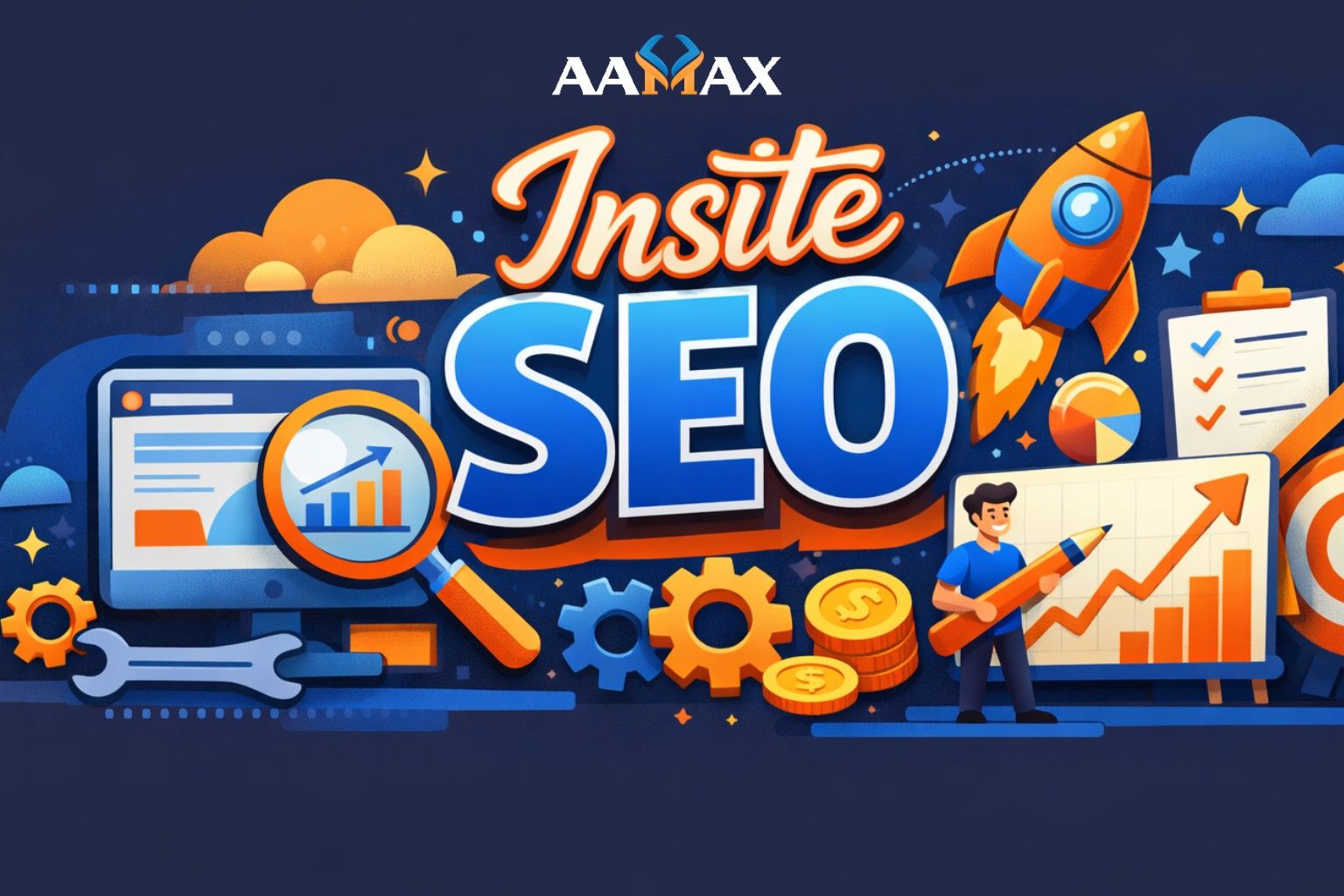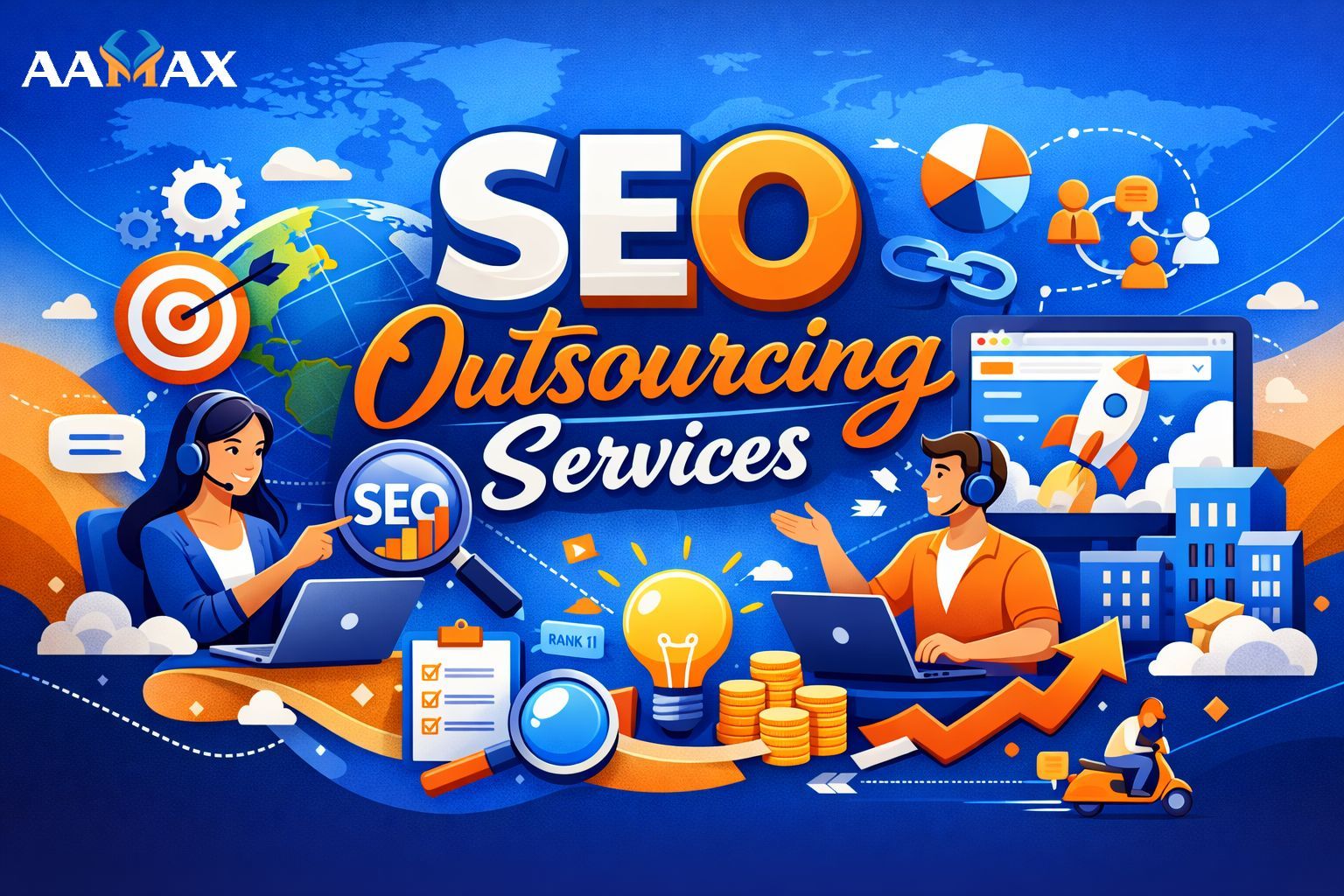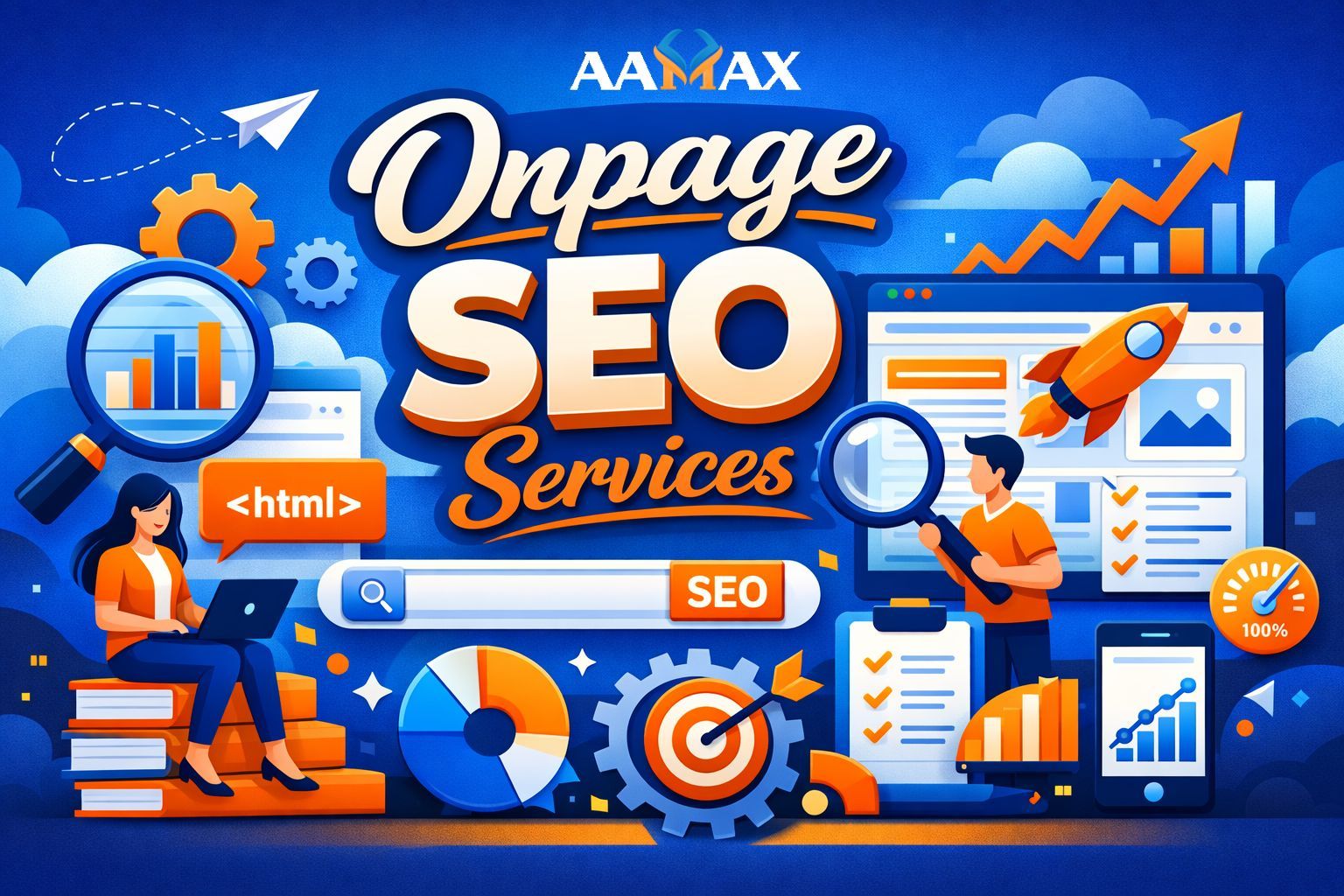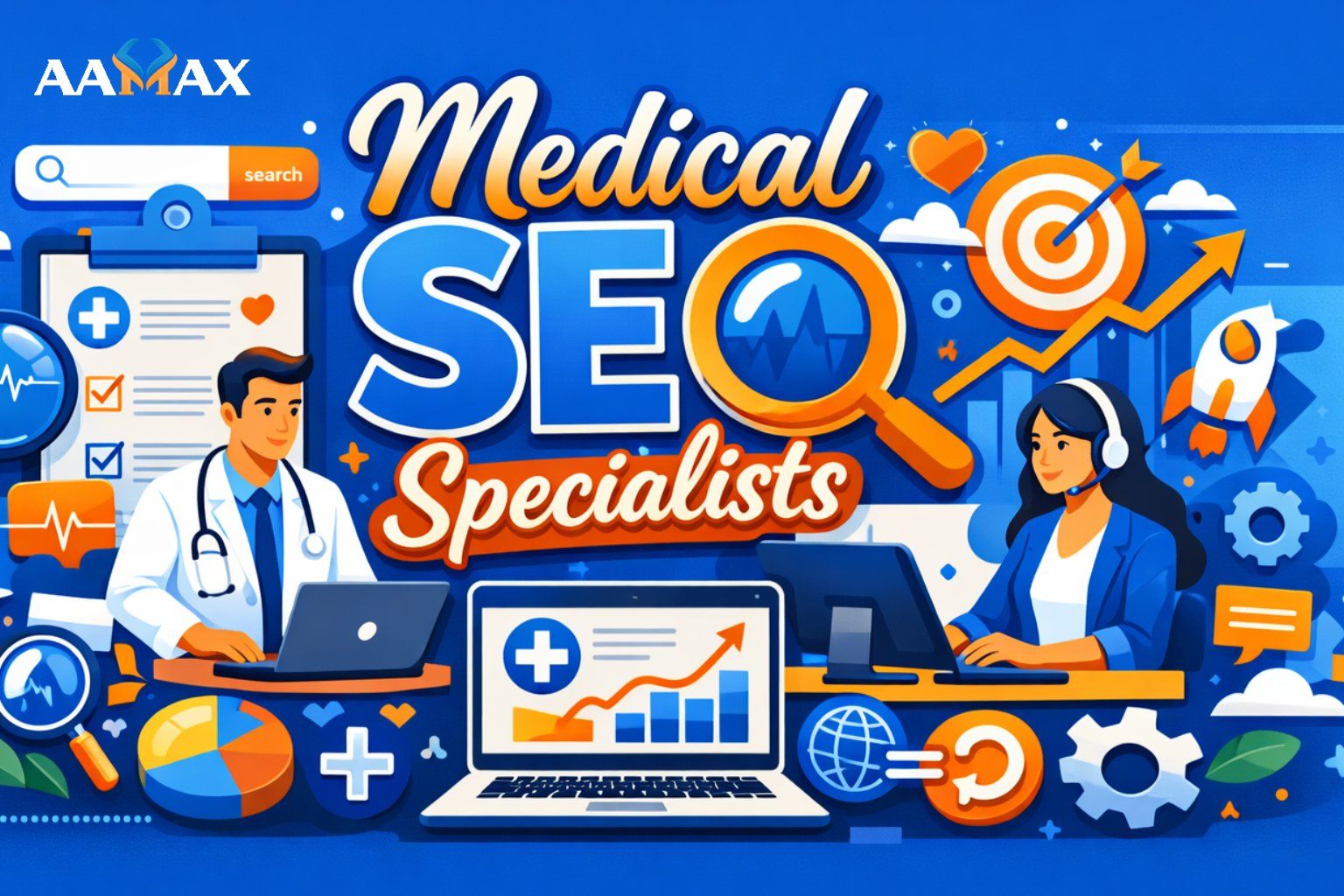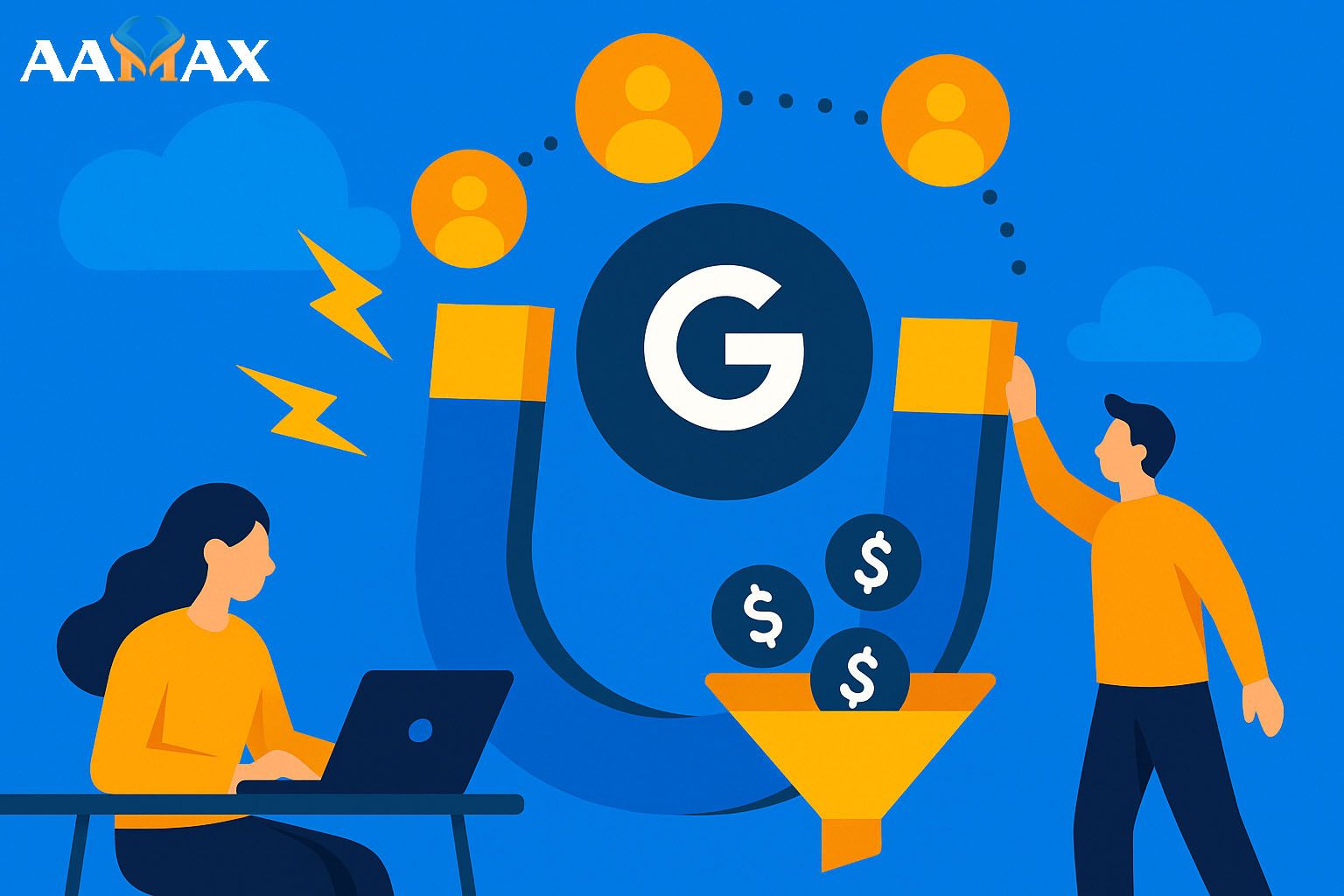
Google Lead Generation: How to Attract Google Leads
In today’s digital-first world, businesses must be discoverable online to survive—and thrive. Google remains the most powerful platform for online discovery, with over 8.5 billion searches per day. That’s why mastering Google lead generation is essential for companies that want to attract quality leads and grow their business sustainably.
This guide will walk you through how to attract Google leads, the strategies that actually work, tools and techniques to use, and why partnering with a digital marketing agency like AAMAX can give your business a competitive edge.
What is Google Lead Generation?
Google lead generation refers to the process of using Google's suite of tools and platforms—such as Google Search, Google Ads, Google My Business, and Google Analytics—to capture the interest of potential customers and convert them into leads.
A lead is any individual or organization that shows interest in your products or services. Google helps you connect with these prospects at the exact moment they are looking for what you offer. Whether it's through organic search results or paid advertising, the goal is the same: turn interest into action.
Why Google Leads Matter More Than Ever
Unlike other forms of traffic, Google leads are highly intent-driven. That means these users are actively seeking information or solutions—making them much more likely to convert than passive audiences on social media or display ads.
Some compelling reasons to prioritize Google lead generation:
- High user intent: Searchers are usually looking to solve a problem or buy something.
- Massive reach: Billions of searches every day across all industries.
- Data-rich targeting: Google allows hyper-specific audience targeting.
- Versatile: Works for local, national, and global audiences.
- Long-term ROI: A solid SEO or PPC campaign can pay dividends over time.
Key Channels for Google Lead Generation
There are multiple ways to generate leads via Google. The most effective strategies typically fall into the following categories:
1. Search Engine Optimization (SEO)
SEO is the art and science of optimizing your website so that it appears organically in Google's search results for relevant queries.
Core SEO Strategies:
- Keyword Research: Identify terms your audience is searching for using tools like Google Keyword Planner or Ahrefs.
- On-Page SEO: Optimize title tags, meta descriptions, headers, and content with relevant keywords.
- Technical SEO: Improve page speed, mobile responsiveness, and site architecture.
- Content Creation: Publish blog posts, guides, and case studies that answer searchers’ questions.
- Backlink Building: Earn links from authoritative websites to boost your domain authority.
SEO is a long-term strategy, but it’s extremely cost-effective over time and delivers consistent, qualified traffic.
2. Google Ads (Pay-Per-Click)
Google Ads allows you to bid on keywords and show your ads at the top of search results. It’s the fastest way to get in front of potential customers.
Types of Google Ads for Lead Generation:
- Search Ads: Text-based ads that appear when someone types a relevant keyword.
- Display Ads: Visual ads that appear across the Google Display Network.
- YouTube Ads: Video ads that appear before or during YouTube content.
- Local Service Ads: Especially valuable for service-based businesses.
With proper ad copy, bidding strategies, and landing pages, Google Ads can deliver high-quality leads within days.
3. Google My Business (GMB)
For local businesses, optimizing your Google Business Profile (formerly Google My Business) is crucial. It ensures your business appears in local map packs, which show up prominently on mobile and desktop searches.
GMB Optimization Tips:
- Complete your profile with accurate NAP (Name, Address, Phone).
- Upload high-quality photos.
- Encourage satisfied customers to leave reviews.
- Post regular updates, promotions, and events.
A well-optimized GMB profile builds trust, visibility, and local authority.
4. Google Analytics and Tag Manager
While not lead sources per se, these tools help track and analyze where your leads are coming from and how they interact with your site.
Use Google Analytics to:
- Track conversions and form submissions.
- Understand traffic sources and user behavior.
- Identify high-performing pages and funnels.
Optimizing Landing Pages for Conversion
Once traffic reaches your site, you need to convert visitors into leads. This is where landing pages come into play.
What Makes a High-Converting Landing Page?
- Compelling headline: Communicate value immediately.
- Clear CTA (Call-to-Action): Buttons like “Get a Free Quote” or “Schedule a Call.”
- Lead Capture Form: Ask only for essential information (name, email, phone).
- Social Proof: Reviews, testimonials, or client logos.
- Mobile Optimization: More than 60% of users will visit from mobile.
Poorly designed landing pages can destroy even the best SEO or PPC campaigns.
Content Marketing: Fueling Google Lead Generation
High-quality, relevant content not only helps with SEO but also builds trust and nurtures leads.
Content Ideas That Generate Leads:
- How-to Guides
- Case Studies
- Industry Reports
- Comparison Pages (“Tool A vs Tool B”)
- Checklists and Templates
You can also gate premium content (eBooks, webinars, whitepapers) behind a form to capture leads directly.
Local SEO: Capture Nearby Customers
If you're a service-based or brick-and-mortar business, local SEO is one of the most effective Google lead generation strategies.
Tips for Local SEO:
- Optimize for “near me” and location-specific keywords.
- Get listed in relevant local directories (Yelp, BBB, etc.).
- Ensure NAP consistency across platforms.
- Acquire local backlinks.
Local SEO can drive ready-to-convert foot traffic and phone calls.
Common Mistakes to Avoid
Even experienced marketers can stumble with Google lead generation. Avoid these pitfalls:
- Neglecting mobile optimization
- Overlooking negative keywords in Google Ads
- Using generic landing pages for all traffic
- Failing to test and optimize campaigns
- Ignoring analytics data
Fixing these issues can dramatically improve your ROI.
Why Hire Experts? Work with AAMAX
If all of this sounds like a lot to manage—it is. That’s why businesses turn to trusted digital marketing partners like AAMAX.
Who is AAMAX?
AAMAX is a full-service digital marketing agency that specializes in:
- SEO Services: Improve your organic search rankings and visibility.
- Web Development: Build fast, functional, and conversion-friendly websites.
- Digital Marketing: From Google Ads to social media, we cover it all.
With AAMAX, you’re not just hiring a service provider—you’re gaining a strategic partner who cares about your growth.
Why AAMAX Stands Out:
- Decades of experience in the digital marketing space.
- Transparent, results-driven approach.
- Custom strategies tailored to your industry.
- End-to-end support from design to execution.
Whether you're a startup or a growing enterprise, AAMAX has the expertise to supercharge your Google lead generation efforts.
Final Thoughts: Make Google Work for You
Attracting leads from Google isn’t about luck—it’s about strategy, execution, and consistency. Whether you focus on SEO, PPC, or local optimization, what matters most is providing value to your audience and making it easy for them to take the next step.
Remember:
- Invest in content that answers real questions.
- Build landing pages that convert.
- Track everything and improve based on data.
- Don’t be afraid to hire pros who know what they’re doing.
Ready to take your lead generation to the next level?
👉 Hire AAMAX Today and let us help you turn Google traffic into qualified leads and loyal customers.

